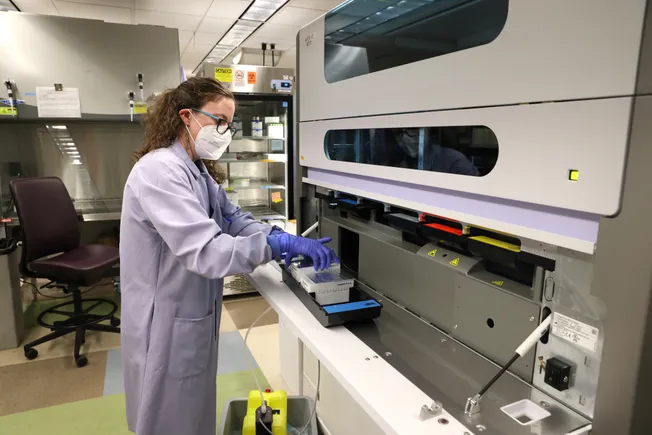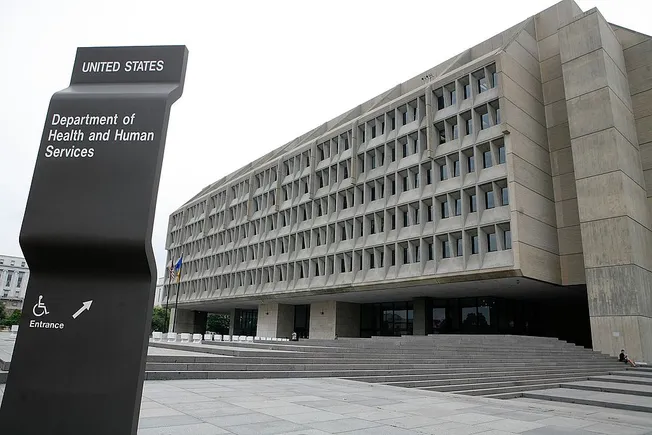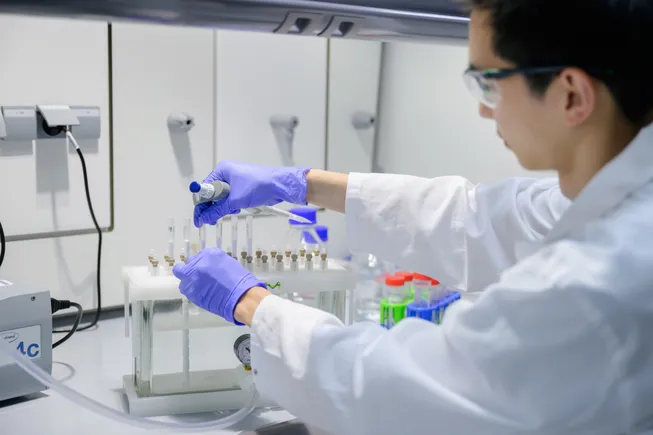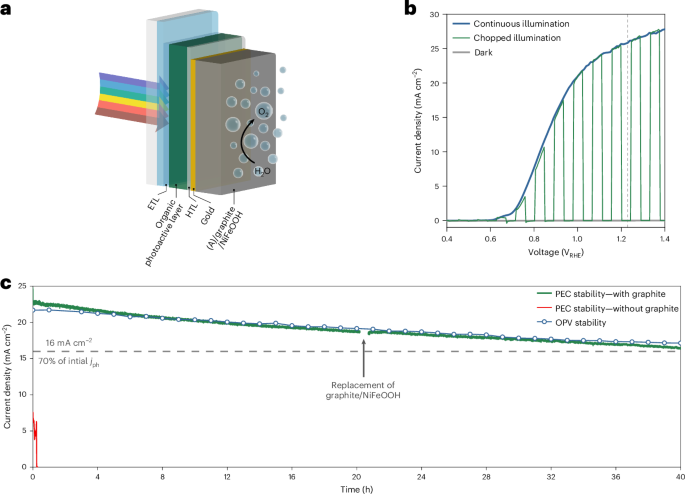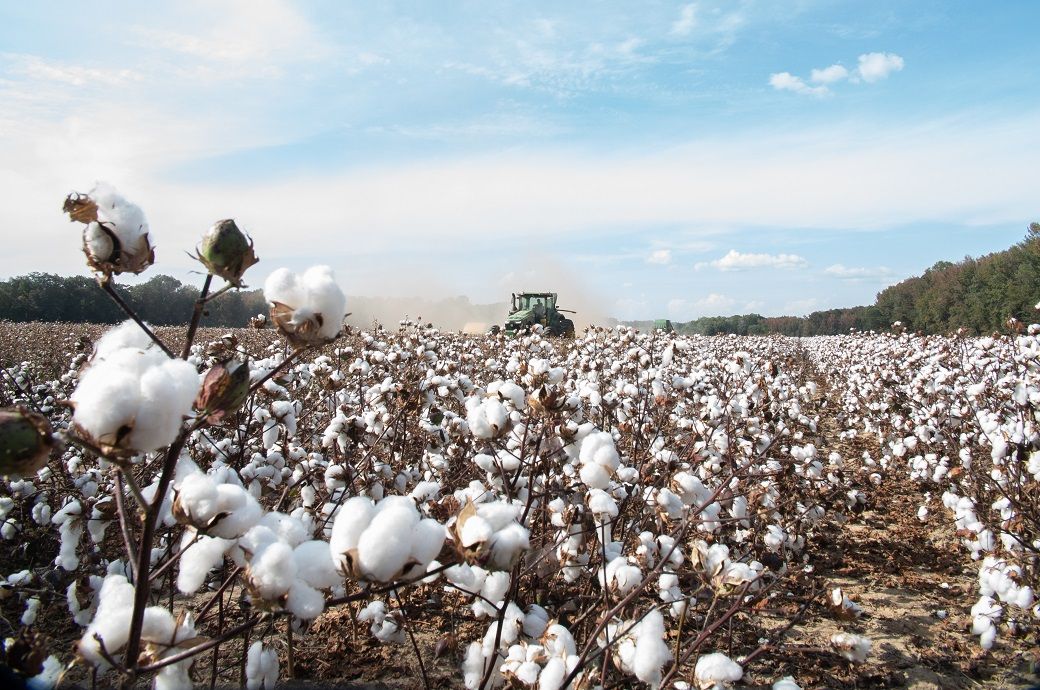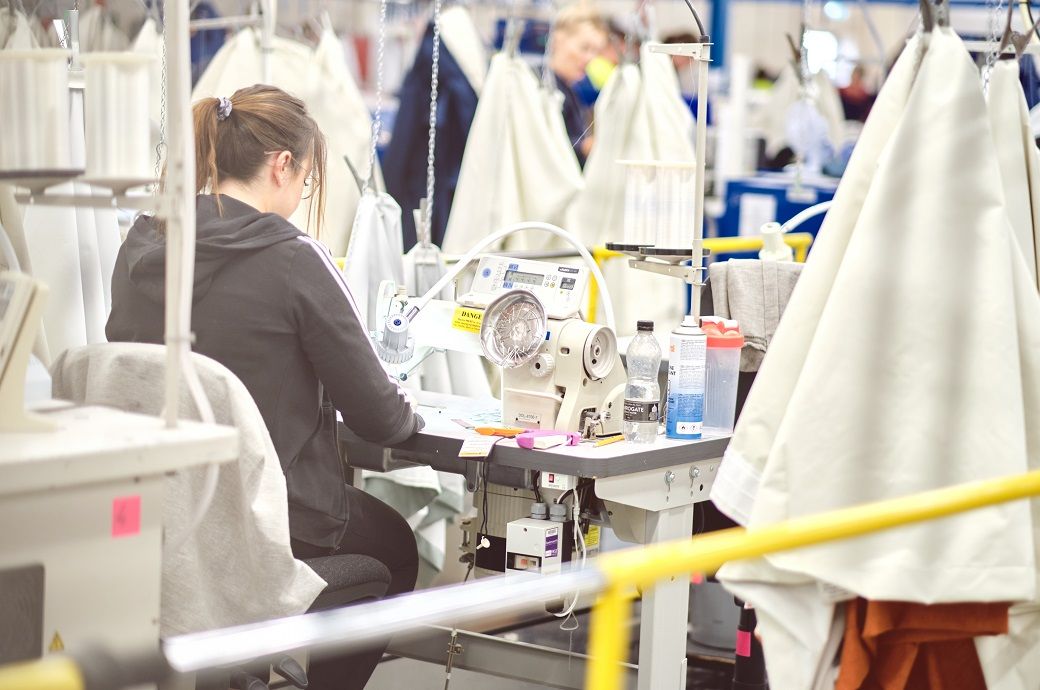EU releases measures to support ‘struggling wine industry’
The European Union has announced a new strategy to help its wine sector, which is struggling with falling demand, rising costs, and climate-related challenges. By introducing targeted policies, the EU aims to stabilise the industry and protect its global standing. The post EU releases measures to support ‘struggling wine industry’ appeared first on The Drinks Business.
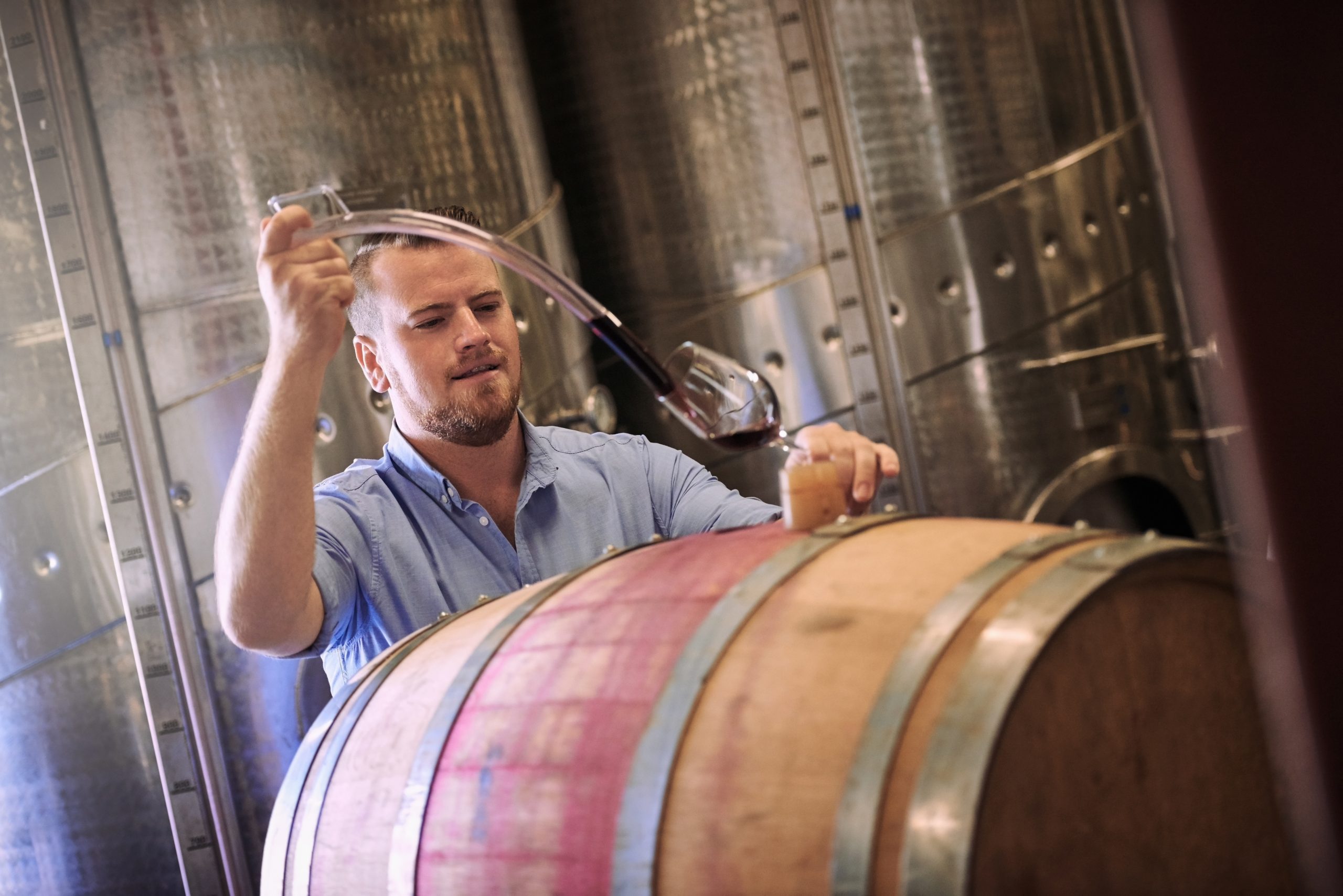
The European Union has announced a new strategy to help its wine sector, which is struggling with falling demand, rising costs, and climate-related challenges. By introducing targeted policies, the EU aims to stabilise the industry and protect its global standing.
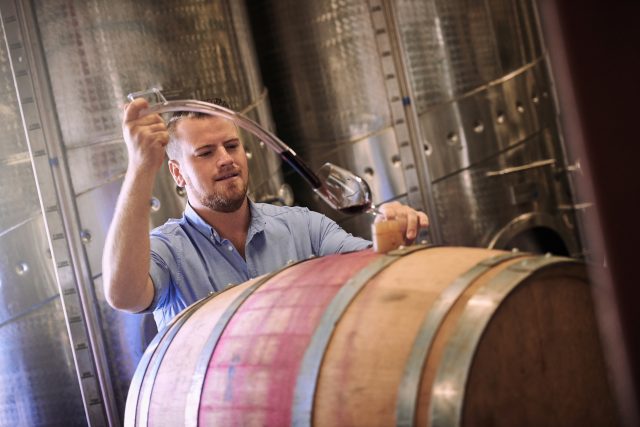 The state of the EU wine industry
The EU accounts for 60% of the world’s wine production, with Italy, France, and Spain as the top producers. The industry provides jobs for 1.4% of the EU’s workforce and contributes 0.8% to its GDP, a level similar to the steel industry. However, many wine producers now face difficulties due to higher costs and changing consumer preferences.
Key measures introduced by the European Commission
To tackle these challenges, the European Commission has proposed several solutions:
The state of the EU wine industry
The EU accounts for 60% of the world’s wine production, with Italy, France, and Spain as the top producers. The industry provides jobs for 1.4% of the EU’s workforce and contributes 0.8% to its GDP, a level similar to the steel industry. However, many wine producers now face difficulties due to higher costs and changing consumer preferences.
Key measures introduced by the European Commission
To tackle these challenges, the European Commission has proposed several solutions:
- Emergency Distillation: The EU will fund the distillation of surplus wine to prevent oversupply and keep prices stable. This action will help winemakers who are struggling to sell their stock.
- Green Harvesting: Winegrowers who voluntarily reduce their grape yields will receive financial support. This policy aims to align production with lower demand, preventing further price drops.
- Marketing Support: The EU will increase funding to promote European wines in non-EU markets. By doing so, it hopes to boost exports and improve global competitiveness.
- Reducing Red Tape: The Commission plans to simplify administrative procedures in the wine industry. Fewer regulations will allow producers to focus more on making and selling wine rather than dealing with paperwork.
- Sustainability Initiatives: The EU will encourage winemakers to adopt environmentally friendly farming methods. This support includes promoting sustainable viticulture that ensures the long-term health of vineyards.







































































